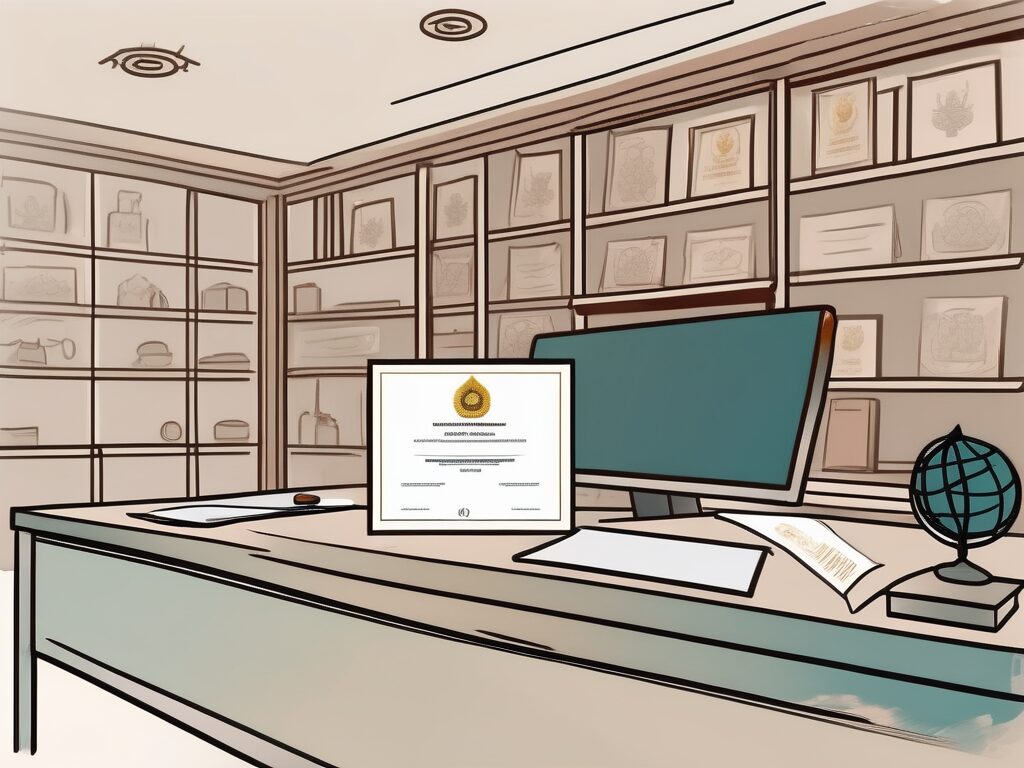html
Essential Visa Requirements for Teaching in Dubai: A Complete Guide
Are you dreaming of teaching in the vibrant city of Dubai? With its stunning skyline, rich culture, and diverse student population, Dubai offers an exciting opportunity for educators looking to expand their horizons. However, before you can step into the classroom, you must navigate the essential visa requirements for teaching in Dubai. This comprehensive guide will walk you through everything you need to know to secure your teaching visa and embark on your international teaching journey.
Understanding the Teaching Visa Landscape in Dubai
Dubai is part of the United Arab Emirates (UAE), and as such, it has specific visa regulations that govern foreign teachers. The most common visa for educators is the UAE work visa, which is typically sponsored by the school or educational institution that hires you. Understanding the visa process is crucial for a smooth transition to teaching in Dubai.
Types of Visas for Teachers in Dubai
When considering a teaching position in Dubai, it’s essential to know the different types of visas available:
- Employment Visa: This is the primary visa for teachers, allowing you to work legally in Dubai. It is usually sponsored by your employer.
- Residence Visa: Once you have secured an employment visa, you will also need a residence visa, which allows you to live in Dubai.
- Visit Visa: While not suitable for teaching, a visit visa can be used to explore job opportunities before securing employment.
Essential Documents for Your Teaching Visa Application
To apply for a teaching visa in Dubai, you will need to gather several essential documents. Here’s a checklist to ensure you have everything you need:
- Valid Passport: Your passport should be valid for at least six months beyond your intended stay in Dubai.
- Job Offer Letter: A formal job offer from a school in Dubai is crucial for your visa application.
- Educational Certificates: You will need to provide copies of your degrees and teaching qualifications, attested by relevant authorities.
- Experience Letters: Previous employment letters can strengthen your application.
- Medical Fitness Certificate: A health check-up is mandatory to ensure you meet the UAE’s health standards.
- Police Clearance Certificate: This document verifies that you have no criminal record.
The Application Process: Step-by-Step
Now that you have your documents ready, let’s break down the application process into manageable steps:
- Secure a Job Offer: Start by applying for teaching positions in Dubai. Once you receive a job offer, your employer will initiate the visa process.
- Submit Required Documents: Provide your employer with the necessary documents for the visa application.
- Receive Your Employment Visa: Your employer will apply for your employment visa through the UAE Ministry of Human Resources and Emiratisation.
- Medical Examination: Undergo a medical examination at an approved health centre in the UAE.
- Obtain Your Residence Visa: After your employment visa is approved, you will need to apply for a residence visa.
- Emirates ID Application: Once you have your residence visa, apply for an Emirates ID, which is essential for living and working in Dubai.
Common Challenges and How to Overcome Them
While the visa application process is straightforward, you may encounter some challenges along the way. Here are a few common issues and tips on how to overcome them:
- Document Attestation: Ensure that all your educational and professional documents are attested by the relevant authorities in your home country. This can be a time-consuming process, so start early.
- Medical Examination Delays: Schedule your medical examination as soon as possible to avoid delays in your visa application.
- Understanding Local Laws: Familiarise yourself with UAE laws and regulations to ensure compliance and avoid any legal issues.
Living and Working in Dubai: What to Expect
Once you have successfully obtained your teaching visa, it’s time to prepare for life in Dubai. Here are some key aspects to consider:
- Cultural Adaptation: Dubai is a melting pot of cultures. Embrace the diversity and be open to learning about different customs and traditions.
- Cost of Living: Research the cost of living in Dubai, including housing, transportation, and daily expenses, to budget effectively.
- Networking Opportunities: Join local teaching communities and professional networks to connect with other educators and share experiences.
Internal Resources for Further Reading
To enhance your understanding of teaching in Dubai and the visa process, consider exploring the following related topics:
- Teaching in Dubai: A Comprehensive Guide
- Expat Life in Dubai: What You Need to Know
- International Teaching Certifications: Boost Your Career
Conclusion
Securing a teaching visa in Dubai may seem daunting, but with the right preparation and understanding of the requirements, you can navigate the process successfully. From gathering essential documents to adapting to life in this dynamic city, each step brings you closer to an enriching teaching experience in Dubai.
Empower Your Teaching Career with IPGCE
As we strive for a more inclusive education system in Malaysia, the role of qualified and well-trained educators becomes increasingly crucial. IPGCE is dedicated to supporting teachers in their professional journey, offering the International Postgraduate Certificate in Education (iPGCE) to enhance qualifications and open doors to international teaching opportunities. With our program, you can expect a significant increase in interview callbacks, promotion rates, and salary. Plus, you’ll join a global network of educators, gain a deeper understanding of international curricula, and enjoy the flexibility of online study. Don’t let inadequate credentials or isolation hold you back. Join the UK’s #1 Teacher Training Course today and take a decisive step towards a fulfilling career in inclusive education.
Connect with us on LinkedIn for more insights and updates!

